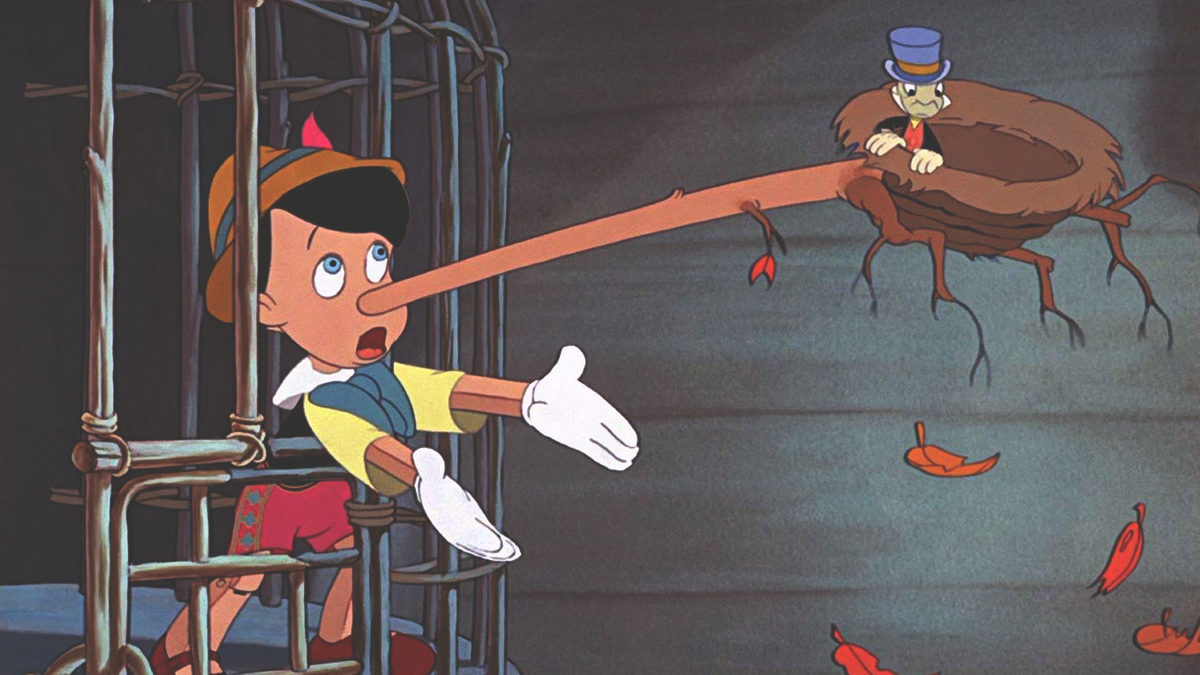
Lying is giving information while knowing it to be untrue.
There can be
few parents and teachers who have not impressed upon children that it is wrong
to lie.
These same adults
will, over the course of their lives, tell many hundreds of untruths.
Politicians and lawyers are banned.
Psychologists tell us that everyone, without exception, lies.
Advertisers, politicians, teachers, clergymen, American presidents, sweet old grannies, barristers all lie through their teeth.
In fact it's alleged that one of the Cumbrian champions was the Bishop of Carlisle with the shortest speech ever. He said, “I have never told a lie in my life.”
So knowing this, why do we ask and expect children to tell nothing but the truth?
When asked a sticky question, rather than simply telling the truth - and shaming the devil, as they used to say, we search for an excuse (lie).
The best relationships are based on confidence and the ability to rely on the person you live or work with.
The majority of divorces have at their beginning,
a lie of some kind. When trust goes, so, quite often, does the relationship.
So I propose that when we talk to children
about lying, we try to be honest.
We teach them about lies and how they are part of life but that they should not be mis-used.
We don’t just tell them not to do it; we are all hard-wired to lie but there are some lies which don't matter and can even be fun.
We don’t punish them for doing what we too have
certainly done in the past and will in the future.
We create an atmosphere
where children have the confidence to come to us and admit they’ve done
something, knowing they’ll get a fair hearing and not hypocrisy.
We explain that lying is part of being human
but if we lie a lot and especially to get something to which we’re not
entitled, then people will lose confidence in us, dislike us and assume we always lie.
Then, when we tell the truth, no one will believe
us.
We could teach children the value of being
truthful, whilst accepting there will be times when they need to lie.
As he was walking to school, a car pulled up beside him, a man leaned out, pointed to a classmate walking ahead, ‘Do you know where she lives?’
He did but shook his head. Then warned the girl, her parents and the school. Should he have given the address? Of course not.
Let's be honest about lying for a change.
If we want our children to trust us, we will admit this and teach them the value of truth.







